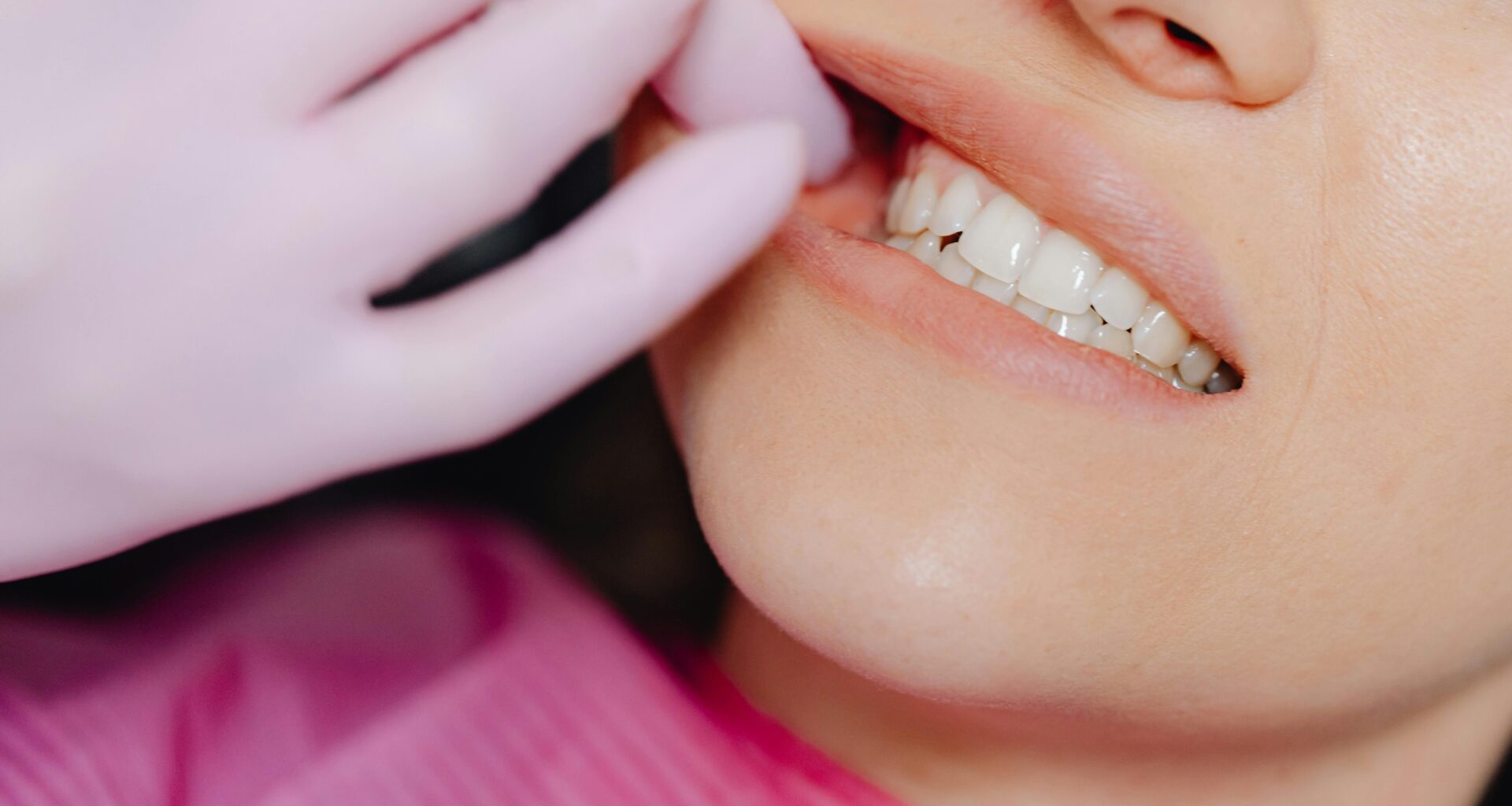At last, the dentist removed your tooth. You feel relieved from pain but suddenly notice blood. It’s not pouring, just a slow, steady flow. You get a little frightened shouldn’t it be over by now? There is nothing to be scared of. A little bleeding after a tooth extraction is a normal thing. It’s the body’s natural response during healing. However, if it is longer than the expected time or looks heavier than the normal, there are ways to manage it quickly and safely.
Why Bleeding Happens After Extraction
Bleeding starts because, well, you’ve got an open wound. Once a tooth is removed, the socket needs time to form a blood clot. That clot is basically nature’s bandage. It seals the wound and protects it while new tissue grows. If that clot gets disturbed say, by rinsing too soon or poking the area the bleeding can restart. Sometimes medications, medical conditions, or even smoking can make bleeding worse or harder to stop. Understanding why it happens is the first step to calming it down.
The Real Way to Handle It
Wondering how to stop teeth extraction bleeding safely at home? Start with gentle pressure. Fold a piece of clean gauze, place it over the site, and bite down softly. Hold it there for about 30 to 45 minutes. Don’t keep checking every few seconds just let it work. If gauze isn’t available, a damp tea bag can help. The tannic acid in tea naturally helps blood clot faster. Avoid spitting, rinsing, or using straws. Those actions can break the clot and restart the whole process.
Common Mistakes That Make It Worse
People often make small mistakes that cause bleeding to last longer. Rinsing your mouth too soon is a big one. So is drinking hot liquids right after the procedure. The heat dilates blood vessels and keeps the area open. Smoking is another major culprit; it slows healing and dislodges clots easily. Some even start brushing right next to the wound the same day. Don’t do that. Be gentle. For the first 24 hours, just focus on letting your mouth rest and clot properly.
When It’s More Than Normal
Some bleeding is fine, but nonstop bleeding isn’t. If you’ve been applying pressure for hours and it’s still flowing, call your dentist. Sometimes the bleeding is from a small artery or irritation under the gum flap. Other times, it could be linked to a medication like aspirin or a blood thinner. Your dentist can identify the cause and help seal the site properly. Always remember: persistent bleeding isn’t something to ignore. It’s usually an easy fix, but it needs professional attention.
Why Local Dentists Are the Best Option
Houston dentists focus on prevention as much as treatment. They’ll not only stop the bleeding but also help you understand why it started. Maybe you brushed too soon. Maybe medication interfered with clotting. They’ll figure it out. Local clinics are equipped with the latest tools to handle dental emergencies efficiently. Most offer same-day appointments for post-extraction issues, so you don’t have to wait or panic at home. They make sure your healing process stays on track.
What Dentists Do to Stop Bleeding Fast
If home remedies don’t work, dentists have several quick solutions. They might use hemostatic sponges tiny pads that dissolve and help blood clot faster. If your clot’s been disturbed, they’ll gently clean the area and place a fresh dressing. In some cases, a stitch can close the wound and stop bleeding immediately. You’ll probably be out of the chair in under 30 minutes. The key is professional precision. They know exactly how to stop it safely without slowing healing.
Simple Home Tips That Actually Work
Once the bleeding stops, take it easy. Don’t rush back to normal activities right away. Rest. Avoid bending, heavy lifting, or exercising for a day or two. Keep your head elevated when you lie down and use an extra pillow. It helps reduce pressure in your mouth. Stay away from spicy or crunchy foods for a few days. Soft foods like yogurt, mashed potatoes, and smoothies are your friends. Always follow your dentist’s instructions; they’re designed for your specific situation.
The Power of Tea Bags and Timing
It sounds like an old trick, but it works. A cool, damp tea bag really can stop bleeding faster than gauze alone. Just don’t use herbal or flavored ones, go for plain black tea. The tannins help your blood clot naturally. Place it over the area, bite down gently, and relax. Time is your friend here. Healing takes patience. If you rush, you risk disturbing that precious clot again. Let it do its job.
When to See General Dentists Houston TX
If you’re local, seeing general dentists houston tx should be your next move. These professionals handle post-extraction issues all the time. They’ll examine the site, clean it carefully, and apply medicated gauze if needed. Sometimes, they’ll use a dissolvable stitch to stabilize the clot. Houston dentists are also great at explaining aftercare in plain language. You’ll leave the office knowing exactly what to do and what not to do to heal faster.
Signs You’re Healing Properly
Once bleeding slows, you’ll notice a dark clot forming inside the socket. That’s good news. Over the next few days, the area will tighten up and start to look less raw. Mild swelling or soreness is normal. If you follow your dentist’s advice, the site should close up nicely within one to two weeks. Just be careful not to knock the clot loose with brushing or hard foods. Your mouth is great at healing itself, just give it time.
What Happens If the Clot Comes Out
If the blood clot falls out too soon, you could develop something called dry socket. It’s painful, and it delays healing. You’ll know if it happens it feels like a deep, throbbing ache that radiates through your jaw or ear. Call your dentist right away. They can clean the area and apply a medicated dressing to relieve pain and speed recovery. Dry sockets aren’t dangerous, but it’s not something you want to handle alone.
Why You Should Follow Aftercare Closely
Aftercare makes or breaks recovery. Most post-extraction issues happen because patients skip small steps. Maybe you forgot to rest. Maybe you used a straw or smoked. Every tiny action affects your healing. That’s why dentists emphasize aftercare so much. They’ve seen how simple routines like keeping the mouth clean but undisturbed make a huge difference. Listen to your body. If something feels off, don’t wait it out. Call your provider immediately.
The Importance of Regular Dental Visits
Extractions aren’t the end of the story. Regular checkups keep your mouth healthy and prevent future problems. Houston’s general dentists recommend exams twice a year to catch early warning signs. They’ll check gum health, bone density, and tooth alignment post-extraction. Skipping visits means missing small issues that could become bigger ones. Staying consistent keeps your mouth strong and your smile in great shape.
Final Thoughts
It is common to have bleeding after tooth extraction but it should not continue indefinitely. Knowing the proper method of stopping bleeding after tooth extraction can spare you stress, pain, and time. If it does not stop or if it feels like too much, contact general dentists houston tx immediately. They will quickly handle the situation and provide you with post-operative instructions. With sufficient care, rest, and time, your mouth will heal beautifully. Always keep in mind that bleeding is an indication of healing but knowing when to take action is very important.
Frequently Asked Questions
1. How long should bleeding last after a tooth extraction?
Generally, it stops within a few hours. However, mild oozing for up to 24 hours is considered normal.
2. Can I brush after extraction?
Not immediately. Let at least 24 hours go by before brushing near the extraction site very gently.
3. What if the bleeding starts again later?
Put on fresh gauze, bite, and relax. If it lasts for hours, your dentist should be notified.
4. Can I work out after my extraction?
Physical heavy activity should be avoided for a period of at least 24-48 hours. This is because it can cause an increase in blood pressure, which can, in turn, lead to the resumption of bleeding.
5. How do I know it’s healing properly?
If the bleeding slows down, the pain becomes less and you can see a clot being formed, then you are healing properly.










